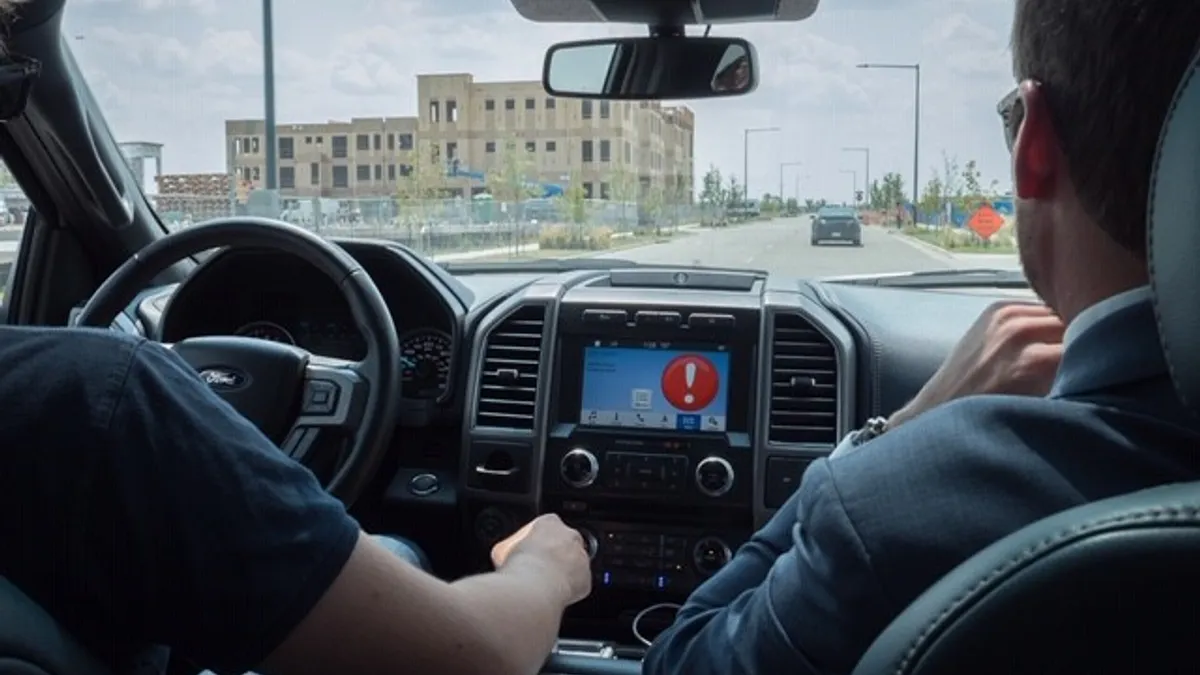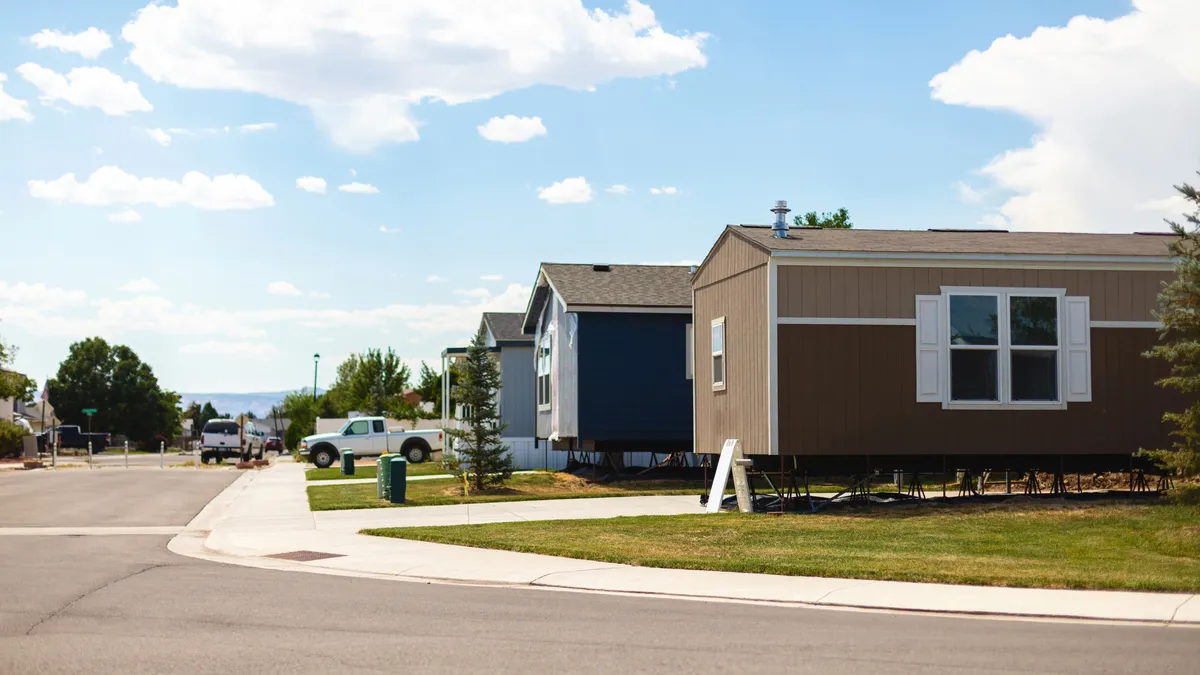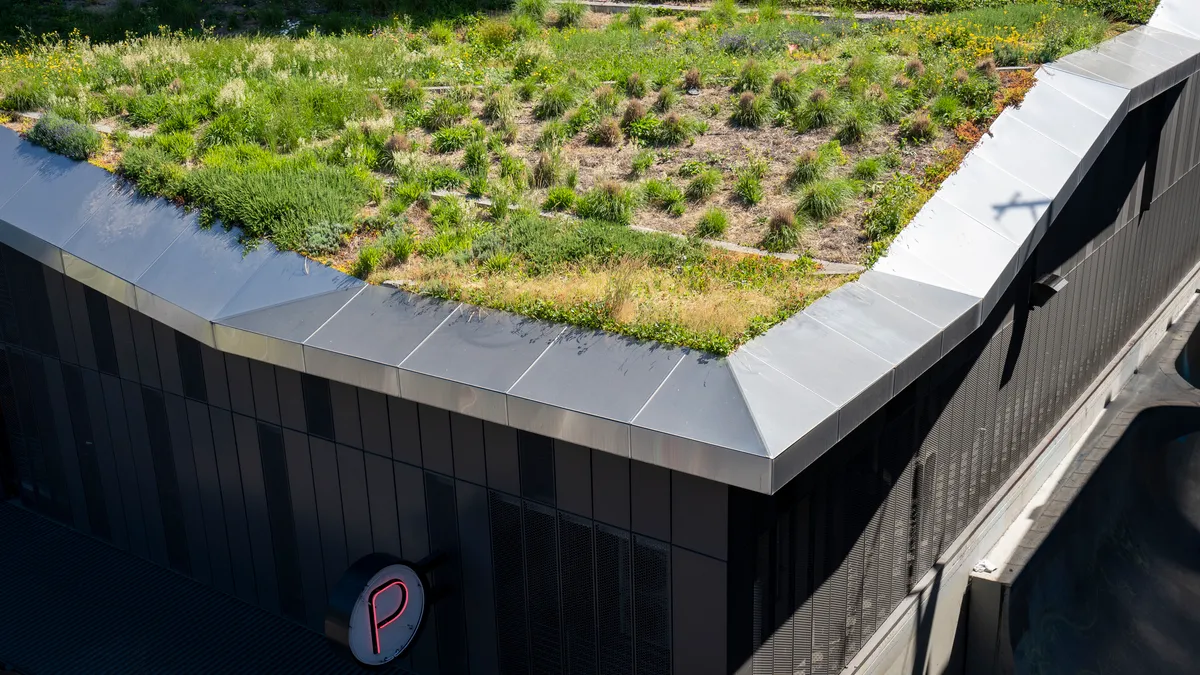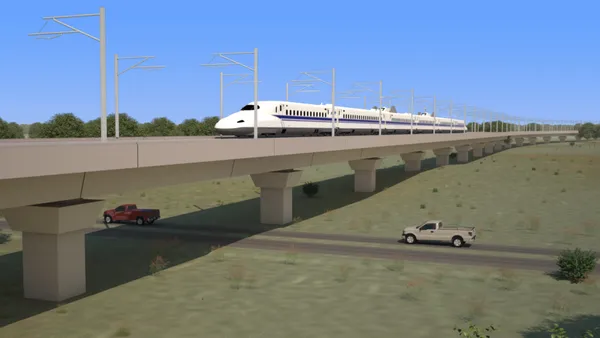Dive Brief:
- The Utah Department of Transportation (UDOT) and Panasonic announced a $50 million partnership to collaborate on connected vehicle infrastructure that will create what they’re calling "the nation’s most advanced transportation data network."
- The project will place sensors along Utah highways and put connected software in state-owned vehicles that will transmit data to the cloud. The "CIRRUS by Panasonic" technology will help the state get information on incidents like crashes, weather and stalled vehicles, and help redirect traffic to reduce congestion.
- Under the first phase of the system, the partners will place sensors at 40 sites and equip 30 state-owned vehicles. Future phases of the project will build up to 220 sites and as many as 2,000 vehicles.
Dive Insight:
Utah has positioned itself as a leader in connected vehicles and infrastructure, building the nation’s first operational connected vehicle corridor along Redwood Road in Utah County. That project outfitted buses with radios that can interact with traffic signals, which can automatically adapt to keep the vehicles on schedule.
The state government has also worked to ease restrictions on autonomous vehicles and recruit companies to test there.
The partnership will help Utah handle the influx of advanced vehicles, and help it get a head start on strategies to reduce congestion and improve safety. As Utah’s population grows, its vehicle miles traveled are growing faster than the country’s, according to state and federal data. That means connected infrastructure projects that reduce congestion could see a major payoff for the state.
The data network will have "open architecture" that will allow other state governments and third-party developers to connect their own applications or download data in coordination with UDOT.
Panasonic works to bring technology to just about every aspect of a smart city, from transportation to housing to entertainment. The company recently showed off its "Smart City Showcase" in Denver, which included proposals for microunit apartments. The company will also work with Toyota on smart home appliances and other technology.











